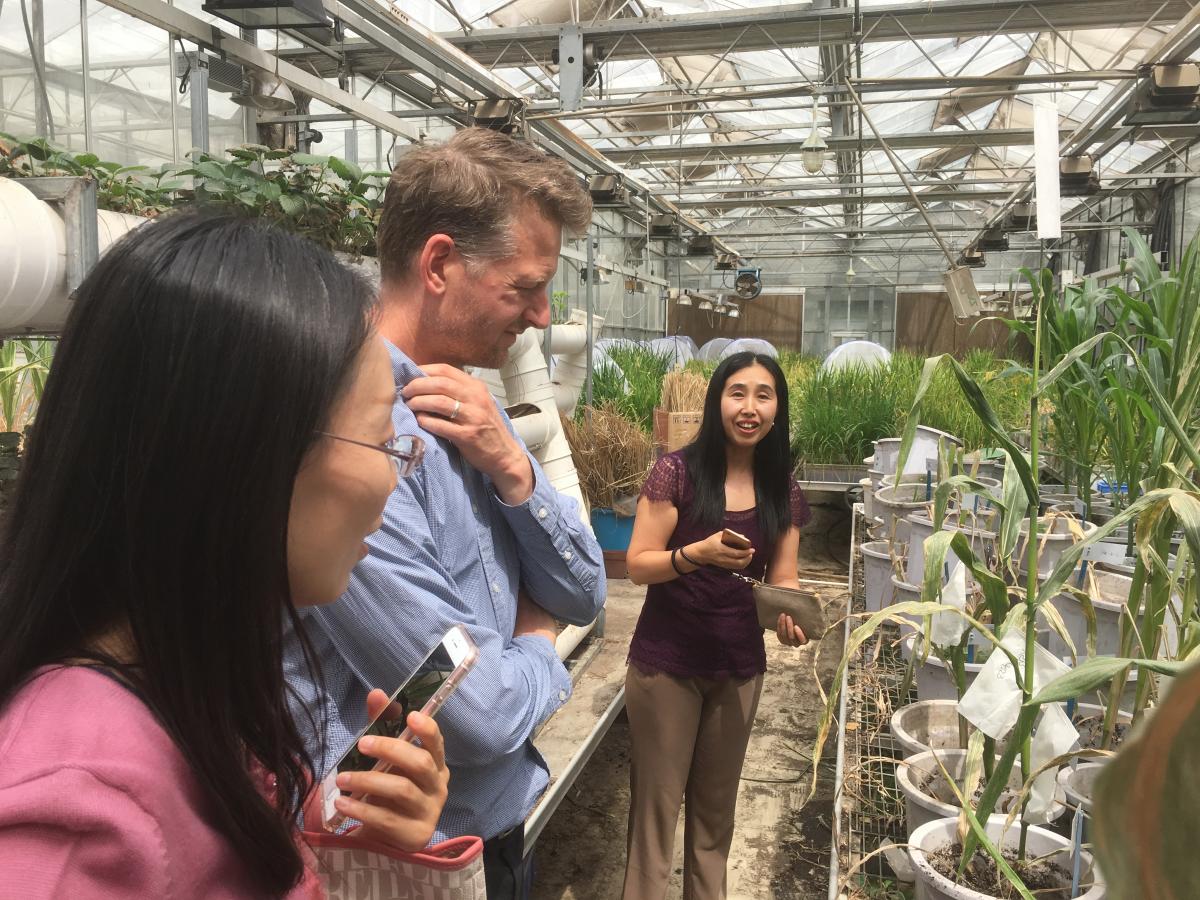
Sometimes I hear scientists in the West especially those who have had their lives made difficult by anti-GMO activists say they wish things were as straightforward as they are in China, where political dissent is not tolerated and science-based development can supposedly proceed unhindered.
I tell them to be careful what they wish for. The situation in China is far from simple. In fact it is as complicated, if not more, than anywhere in the world. China may not have much in the way of freedom of expression, but that does not mean that all public debate is curtailed. Indeed, the GMO debate in China has been as fractious and polarizing as anywhere.
China’s current policies on genetically modified crops make as little sense as those in Europe and India. Like India, China grows millions of acres of Bt cotton. As in India, too, farmers have benefitted via reductions in pesticides, and studies have shown increases in insect biodiversity as wildlife bounces back.
China also allows virus-resistant papaya and Bt poplar trees but that’s it. Other than these three crops, no cultivation of GMOs has been permitted. But like Europe, China is utterly dependent on imports of bulk commodities like soya, of which the vast majority are genetically modified. So like Europe, there is the hypocrisy of importing millions of tons of food from abroad that farmers at home are forbidden from growing.
While visiting the Chinese Academy of Agricultural Sciences in Beijing last week I was shown around labs and greenhouses where experts demonstrated numerous different genetic modifications that are being performed and tested in various crops. These were all indigenous genetic transformations, carried out in the public sector with no involvement from foreign multinationals.
The scientists I spoke to were, however, pessimistic. For years the approvals pipeline in China as in Europe has been blocked, and they saw little prospect of their work making it out of the lab and into the field unless policy changes radically.
Everyone knows that Chinese agriculture is fearsomely unsustainable, heavily chemical-dependent and contributes to pollution of both air and water. Yet food safety activists have focused on demonizing GMOs more than addressing real safety issues, meaning that genetic approaches to reducing the environmental impacts of farming in China have been foreclosed.
It is an open secret that huge areas of illegal Bt rice and Bt corn are being grown by Chinese farmers. The reason why is obvious: they are cheaper to grow because they require less pesticide, and farmers get a higher yield because of less damage to the crop by insect pests. Farmers share seeds through informal networks: since these are illegal there is no open market and obviously no royalties or technology fees.
Periodically, however, activists and state media have collaborated in exposes of products from these illegal crops being sold in Chinese shops, which fan public fears that GMOs are poisonous. I was told that one way environmental activists can identify the forbidden GMO crops is to pick the ones that have not been sprayed with pesticide. So ironically, the green groups seek to ban the pesticide-reducing crops, even though they say they are against agrochemicals.
Anti-GMO sentiment is fanned by these NGO-media exposes, and conspiracy theories have spread as a result. Perhaps the most widely believed I heard it repeatedly across China is that GMOs were invented in the United States as a way to harm the reproductive ability of Chinese people and stop the country from challenging America as a global superpower.
This is ironic, of course, because the ruling Communist Party only recently dropped its own one-child policy. This begs the question of why, in a country without a free media, where the Internet is heavily censored and Google and Facebook blocked by the so-called Great Firewall, anti-GMO theories are allowed to be spread without much apparent state interference.
The answer is that the Communist Party is divided, even at the highest levels. So supportive statements on biotechnology and science from ministries or senior government officials can be issued and then contradicted by equally senior figures in short order. The de-facto policy result is deadlock, with no approvals of Bt corn and rice, even though they are already being extensively grown and have been for years.
The originator of the GMO conspiracy theory was a senior army general, and the nationally famous TV personality Cui Yongyuan has popularized anti-GMO sentiment with statements and videos he has posted on the Internet without interference from the authorities. This is suspicious, since government censors would act within minutes to delete social media posts containing forbidden terms like democracy and freedom of speech.
Thankfully, foreigners are given some latitude: I was able to criticize the censorship situation in speeches I gave at Peking University and at Sun Yat-Sen University in Guangzhou. This is partly on principle, and partly because I don’t believe you can have a useful debate about science and farming in a country where freedom of speech is not allowed.
Having discovered from media reports that I was in China, Cui Yongyuan issued a challenge for me to debate him on GMOs. I will be only too happy to oblige. China is not a totalitarian country, and so long as some debate is permitted I am happy to come out and fight for science in any way I can.
